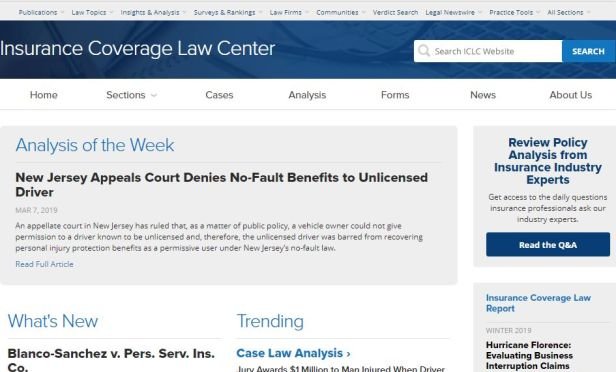October 28, 2019
|The Supreme Court of New York, appellate division, ruled toremand an earlier decision that denied coverage of an injuredpolice officer's medical marijuana for chronic pain that he suffersafter a car accident. The case is In the Matter of the Claim ofJames Kluge, v. Town of Tonawanda et al., Workers CompensationBoard, 2019 NY Slip Op 07470 (App. Div.)
|In 1997 a New York police officer sustained work-relatedinjuries while at the scene of a car accident when he slipped onicy pavement and fell down, suffering injuries to his lower backand right hip. He put in a claim for workers' compensation benefitsand was ultimately classified with a permanent partial disability.In August 2017, the officer's treating physician filed a form torequest authorization to treat the chronic pain with medicalmarijuana. The workers' compensation carrier denied the request.The claimant filed a form seeking review of the denial of therequest. A Workers' Compensation Law Judge considered submission ofadditional medical evidence and approved the request forcausally-related medical marijuana treatment. The decision wasreversed when the Workers' Compensation Board found that it couldnot approve a variance for treatment that had already beenrendered. The claimant filed an appeal.
|A variance is a treating doctor's request for authorization ofmedical care that varies from the Medical Treatment Guidelines, andthe burden of proof is on the doctor to establish that a varianceis appropriate and medically necessary.
|On appeal, the court agreed that treatment that had already beenrendered should not be covered, but remanded the issue back to alower court to allow for the consideration of future medicalmarijuana treatment.
||
Editor's Note: Medical marijuana became legalin New York in 2016, and although it has expanded over the lastthree years, it is an unusually restrictive medical marijuana law.The decision above did not solely have to do with the fact that thedoctor wanted to prescribe medicinal marijuana which deviated fromthe Medical Treatment Guidelines, but also because the doctor hadalready provided the care. Had the Board addressed the merits ofthe variance request prior to administration of the care, thevariance would likely had been approved.
Want to continue reading?
Become a Free PropertyCasualty360 Digital Reader
Your access to unlimited PropertyCasualty360 content isn’t changing.
Once you are an ALM digital member, you’ll receive:
- All PropertyCasualty360.com news coverage, best practices, and in-depth analysis.
- Educational webcasts, resources from industry leaders, and informative newsletters.
- Other award-winning websites including BenefitsPRO.com and ThinkAdvisor.com.
Already have an account? Sign In
© 2024 ALM Global, LLC, All Rights Reserved. Request academic re-use from www.copyright.com. All other uses, submit a request to [email protected]. For more information visit Asset & Logo Licensing.








